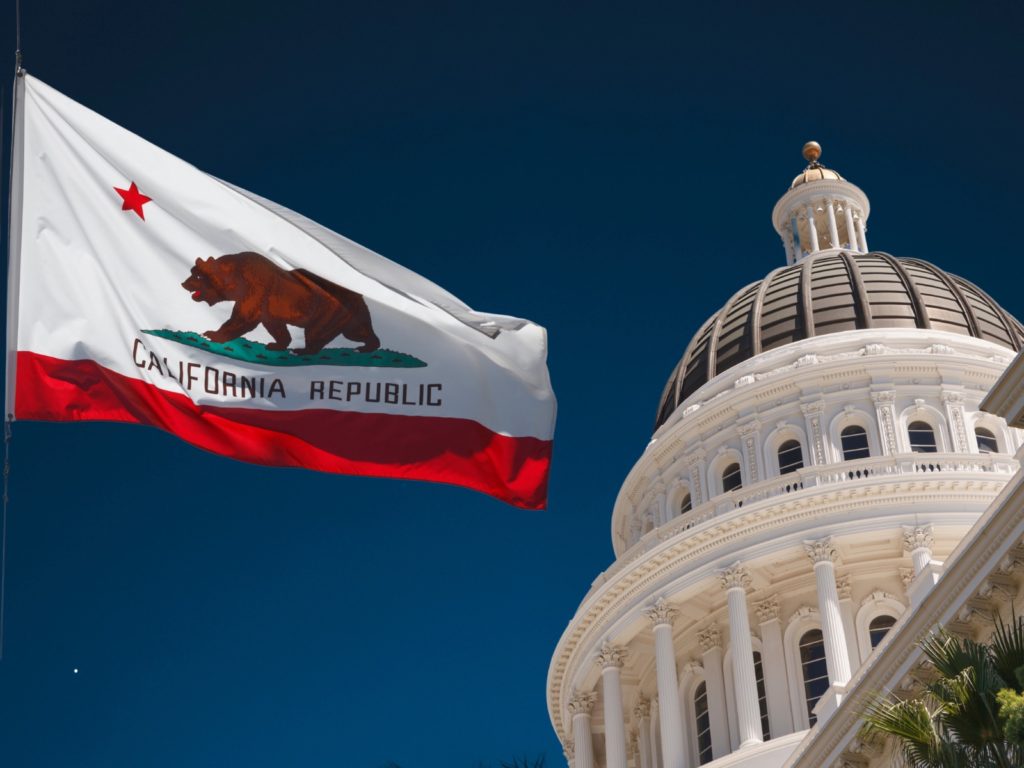
SACRAMENTO – Senator Scott Wiener’s (D-San Francisco) Senate Bill 519, which decriminalizes the possession and personal use of certain psychedelic drugs, will now become a two-year bill. The bill thus remains alive and will be eligible to move forward next year. This groundbreaking legislation moved significantly farther than anticipated — passing the full Senate and passing all of its Assembly policy committees. That said, more time was needed to lay educational groundwork with members and the public to ensure the bill’s success. Delaying full Assembly consideration of the bill until next year will allow the SB 519 coalition of advocates and supporters – which includes veterans who have used psychedelics to treat PTSD, parents whose children overcame addiction with psychedelic therapy, and physicians – to capitalize on the momentum from this year while building support in the Assembly for next year.
Decriminalizing psychedelics remains an urgent issue. Research from top medical universities shows that these substances can have significant benefits, particularly for treating mental health and substance use disorders. Decriminalizing their personal possession and use is part of the larger movement to end the racist War on Drugs and its failed and destructive policies.
“While I’m disappointed we couldn’t pass SB 519 this year, I’m heartened that the bill moved as deep into the process as it did and that we have a realistic chance of passing it next year,” said Senator Wiener. “Given that this idea had never before been introduced in the Legislature, our progress is a testament to the power of the issue and the urgency of the need to act. I’m so grateful to my colleagues for working with us and advancing the bill so significantly. Now that we have more time, I’m optimistic through education and member engagement we can pass this critical legislation next year. Decriminalizing psychedelics is an important step in ending the failed War on Drugs, and we are committed to this fight. Our mental health crisis is worse than ever, and psychedelics have shown great promise in treating mental health issues from PTSD to anxiety and depression. I look forward to working hard to continue this fight.”
Background on SB 519:
SB 519 does not decriminalize the sale of psychedelics or providing psychedelics to anyone under the age of 21.
The following substances are included in SB 519: psilocybin, psilocyn, methylenedioxymethamphetamine (“MDMA”), Lysergic acid diethylamide (“LSD”), Dimethyltryptamine (“DMT”), mescaline (excluding peyote), and ibogaine. Additionally, SB 519 establishes a task force charged with producing recommendations to the Legislature regarding which regulatory system it recommends California adopt for personal use of these specified substances in the future.
This legislation follows similar, successful efforts to decriminalize these substances in Washington, D.C., Oakland, and Santa Cruz, as well as the successful 2020 Oregon ballot measures that decriminalized personal use of all scheduled substances, and authorized the creation of a state-licensed, psilocybin services program over the next two years.
An increasing array of scientific studies shows that psychedelics have great promise in the treatment of mental health and substance use disorders. Recent clinical trials studying MDMA as a treatment for PTSD led the FDA to distinguish MDMA-assisted therapy as a “Breakthrough Therapy”: two-thirds of study participants no longer qualified as having PTSD after experiencing MDMA-assisted therapy. In a 2018 clinical trial, MDMA treatment showed promise in treating chronic Post-Traumatic Stress Disorder (PTSD) in military veterans, firefighters, and police officers. In a 2020 study, MDMA used in combination with therapy showed the potential to reduce anxiety in patients facing life-threatening illnesses. In both 2018 and 2019, the FDA issued Breakthrough Therapy distinction to psilocybin (the active ingredient in “magic mushrooms”).
In two different clinical trials, psilocybin was shown to reduce symptoms in patients with treatment-resistant depression. A John Hopkins study showed a decrease in depression and anxiety in cancer patients using psilocybin, and another showed promise for smoking cessation. There is also research indicating that LSD may be an effective treatment for anxiety and alcoholism. Observational studies have also documented the use of ayahuasca (which contains DMT) and ibogaine as potential treatments for substance use disorder. There’s also evidence that psychedelics can help with smoking cessation.
As we emerge from COVID-19, it’s clear that our mental health and addiction crises are worsening. With so many people dealing with unemployment and financial distress, community and social isolation, and loss of friends and family to the virus — anxiety, depression, overdose and suicide rates are up across the country. And with prisons and jails serving as COVID-19 hotspots, it’s critical that we look to alternatives to criminalizing and incarcerating people who are using psychedelics to heal.
SB 519 is co-sponsored by combat veteran service organizations Heroic Hearts Project and Veterans Exploring Treatment Solutions (VETS). Heroic Hearts is an organization that connects veterans to psychedelic therapy for treating complex trauma. In the past few years, Heroic Hearts has become an international voice for veterans demanding effective mental health treatment options. VETS is an organization working to end the veteran suicide epidemic. VETS provides resources, research, and advocacy for U.S. military veterans seeking psychedelic-assisted therapies for traumatic brain injury (TBI), post-traumatic stress disorder (PTSD), addiction, and other mental health conditions.
SB 519 is co-authored by Senator Josh Newman (D-Fullerton) and Sydney Kamlager (D-Los Angeles) and Assemblymembers Evan Low (D-San Jose), Alex Lee (D-Fremont) and Bill Quirk (D-Hayward).
CocoLocoSF takes no liability nor responsibility for your experience with our wares. By accepting them you agree not to defame, litigate against CocoLocoSF. CocoLocoSF does not claim nor guarantee any specific positive or negative reaction when enjoying our wares.
© 2023 Coco Loco SF